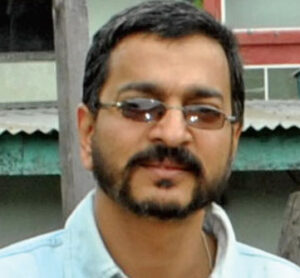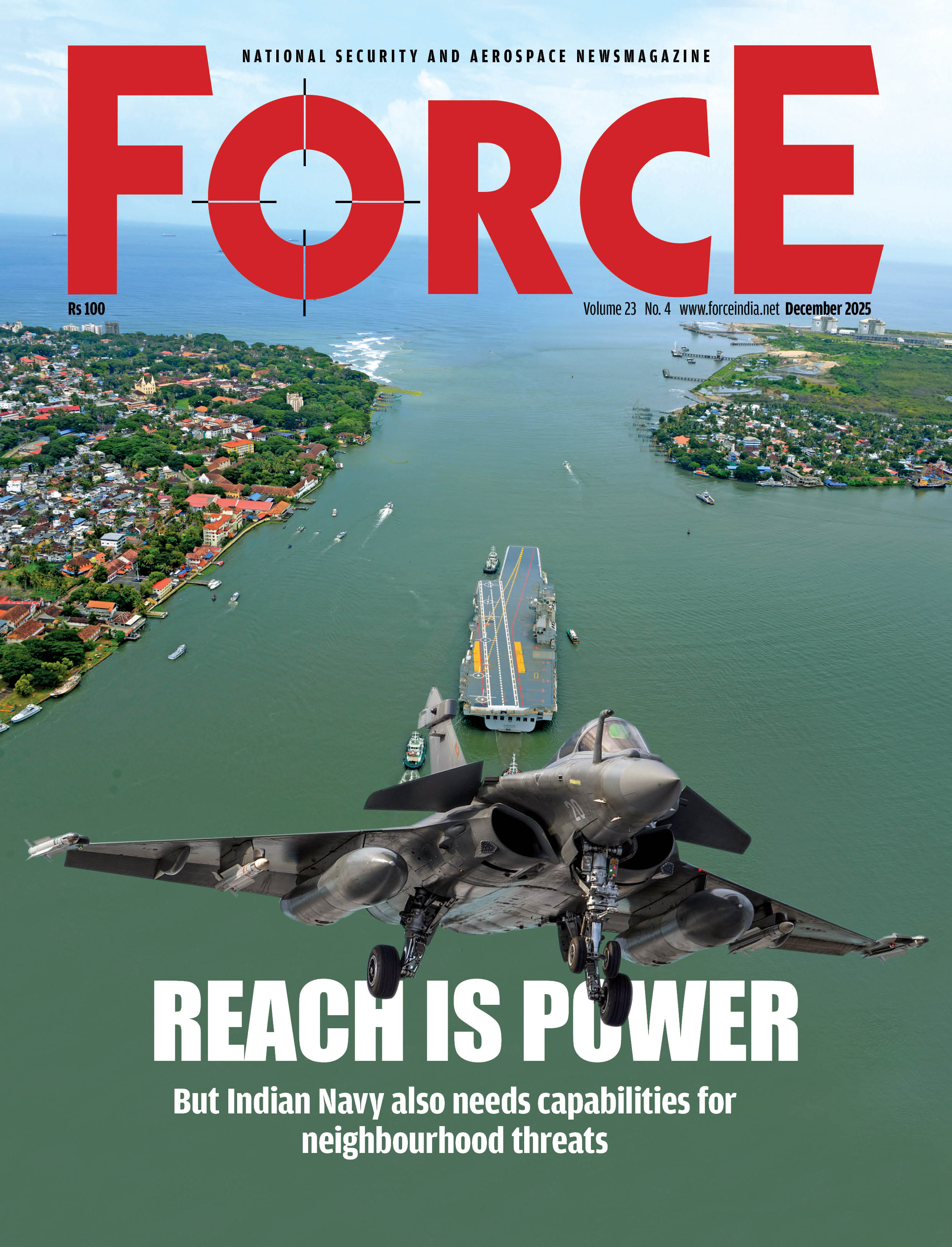Undoubtedly, There is a Case for Political Engagement With The People. But This Can Happen Only When the Ruling Parties Look Beyond Winning Elections
Rajeev Bhattacharyya, author of ULFA: The Mirage of Dawn
 What was the process of researching for this book like? What kind of challenges did you face? Were there any anxious moments? Close calls?
What was the process of researching for this book like? What kind of challenges did you face? Were there any anxious moments? Close calls?
My focus was on gathering information from ULFA (United Liberation Front of Asom) leaders and functionaries, and officers engaged in counter-insurgency operations. This was possible through direct interviews, published and unpublished diaries of ULFA functionaries and memoirs of some officers. I realised quite early that the research would be incomplete without interviewing Paresh Baruah, the elusive chief of staff of ULFA, which I successfully accomplished after a covert 110-day assignment to Taga in Myanmar’s Sagaing region in 2011-12. I have narrated this journey in my previous book Rendezvous With Rebels: Journey to Meet India’s Most Wanted Men published in 2014. After returning from the assignment, I went about the task of interviewing as many people as possible spanning almost 11 years. Besides Myanmar, I had to visit Bhutan, Bangladesh, Delhi, Nagaland and Arunachal Pradesh to gather information. Many of these trips proved futile.
There were many challenges I faced during the research. The first was about the origins of the movement as there were different interpretations. The second was to convince many people including ULFA functionaries and government officials to provide me with information. Here I must admit that I had a natural advantage since my father was an Indian Police Service (IPS) officer. Many senior police and intelligence officers had served under my father, and I developed a rapport with them very soon. The third was to find answers to questions on many tricky episodes for a clearer narrative and I failed on many. I was also unsuccessful in gathering many documents and photographs published by ULFA in the Eighties and Nineti
Subscribe To Force
Fuel Fearless Journalism with Your Yearly Subscription
SUBSCRIBE NOW
We don’t tell you how to do your job…
But we put the environment in which you do your job in perspective, so that when you step out you do so with the complete picture.







